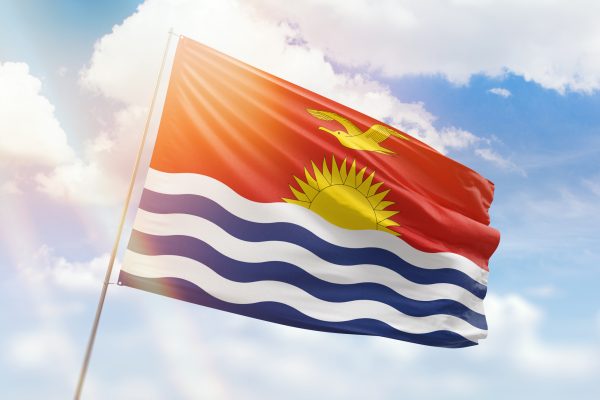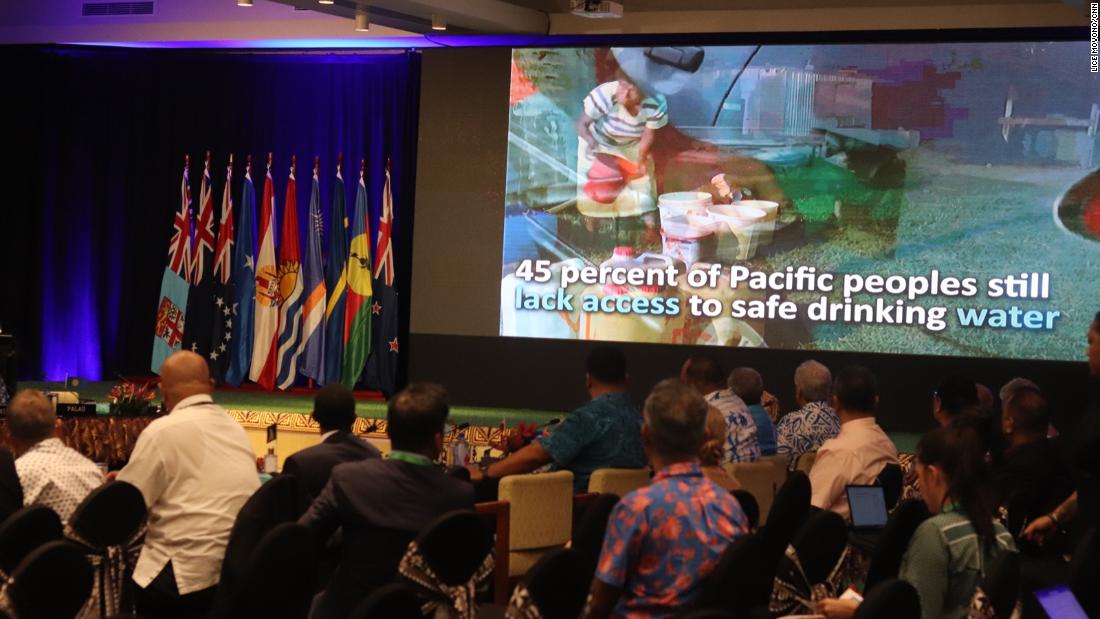OldTex
Well-Known Member
I see the proactive strategy with the policy directives as the NZGov setting the pre-conditions and basis for all of their interactions. In some cases this approach may reduce the likelihood of a threat evolving/increasing. But it is not the elusive cure-all because other participants will have their own strategies, policies and desired outcomes which could take a situation in an entirely unpredictable direction.Thanks for clarifying as I misunderstood the situation, so after doing some quick swotting to understand that risk management in a military context (and there appears to be variations in the way it is phrased) is the process of "identifying and assessing the hazards, developing controls and make risk decisions, implement controls, and supervise and evaluate" (eg that "balance the risk costs with mission benefits"), so think I now understand one is planning for scenarios that when it happens a response is triggered i.e. reacting ... so then would a proactive strategy mean (eg) anticipating any challenges and with prioritised policy objectives, be better prepared to minimise (or deny) the ability of a threat/hazard to eventuate or present itself?
And is the issue of changing the cultures you mean (eg) the likes of having sufficient preparation/training in place, logistics at the ready, the means to deploy (rapidly) at the ready, reinforcements in reserve and so on to have any real effect?
Or perhaps in reality for NZDF, enough capability/capacity to self-deploy, and that can also be independently sustained, when slotting into an allied or coalition operation?
If so, then when or if they get started it suggests a different look to how the NZDF is resourced at present!
For this reason the NZGov perhaps needs to develop a range of roles that may be required to be utilised in the future. Once these roles have been agreed then the responsibility needs to be assigned to the appropriate government department(s)/ministry(ies). The NZGov also needs to define the roles with regard to them being primary, secondary and tertiary roles for the various departments. The roles need to be developed by the appropriate government department/ministry to generate appropriate effects to be utilised by the NZGov.
The NZGov would also need to define the maximum level of effort that it was willing to support. This would need to be defined on the basis of number of concurrent efforts, level of department responsibility (primary, secondary or tertiary), desired effect and distance from NZ itself.
All of these will shape the training and preparation required as well as the type and number of platforms. Ultimately if the NZGov needs X platforms to meet its specified policy outcomes (including those platforms needed for training etc) then it must fund X platforms. If the money is not there then the NZGov needs to reassess ts policy outcomes. Also if the NZGov agrees to fund X platforms then the appropriate department should not be charged for having the X platforms the government requires it to have.









